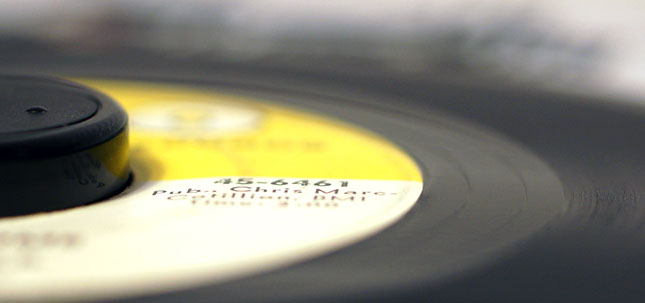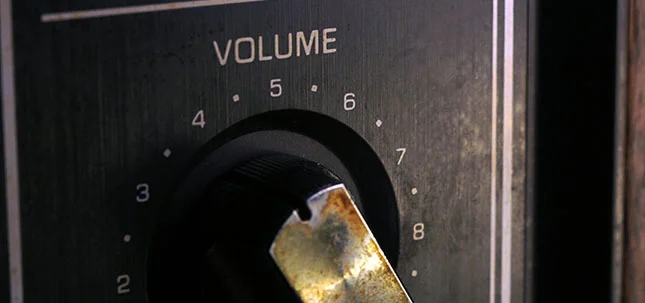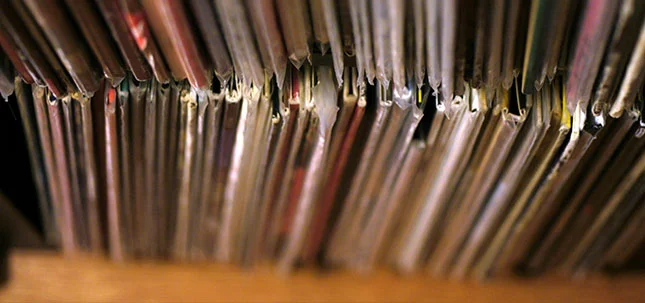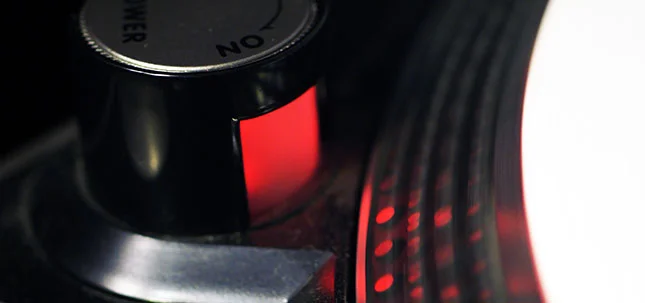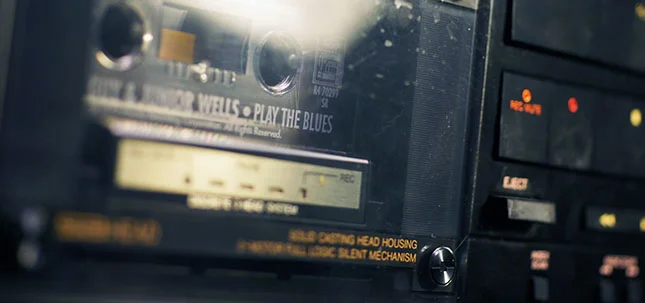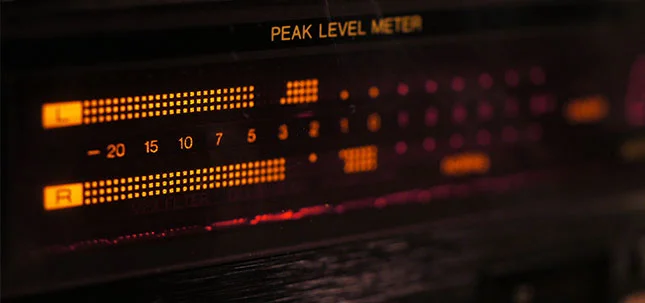A Christmas Gift for You, Indeed
I can’t say I don’t like Christmas music. I only like a very select group of Christmas music, consisting of Bruce Springsteen’s version of “Santa Claus is Coming to Town,” for obvious reasons, and Phil Spector’s famous Christmas album, A Christmas Gift for You from Phil Spector. And that’s it. End of list. No Chipmunk song, and I better not hear that weird Dominic the Donkey song, either.
I am very passionate about A Christmas Gift for You, however. As a Spector fan, Christmas is one of the few times a year where I am guaranteed to hear music by the Ronettes, Darlene Love, or the Crystals on the radio. What a magical thing!
Phil Spector, noted weirdo and convicted murderer, had an obsession with Christmas. Which isn’t that strange on its own, except for the fact that he is Jewish. His former wife and lead singer of the Ronettes, Ronnie Spector, addresses this phenomenon in her autobiography, noting that the preoccupation with Christmas went deeper than just making easy money on a seasonal album: “Phil is Jewish, but for some reason he always loved Christmas. Every year he would spend weeks designing his own special Christmas card.” Keeping in the trend of quoting former wives, his wife at the time of the recording, Annette, noted that he “thought [Christmas music] was good music, he respected it.” Perhaps this respect for the music explains how some seasonal deep cuts, like “Parade of the Wooden Soldiers” or “The Bells of St. Mary” made the album.
I’m not sure how this fits into this discussion, but I’m sure Spector believed it mattered: it is important to note that the day after Christmas is also Spector’s birthday.
Of course, Jewish people making popular Christmas music is basically the history of popular Christmas music. An article from the semi-reputable Huffington Post popped up on my Facebook this week and explains it well. This tradition was not lost on Spector, as biographer Mick Brown explains in his book, Tearing Down the Wall of Sound: The Rise and Fall of Phil Spector: “the fact that the Jewish Irving Berlin would reap a harvest of ASCAP royalties for the song that defined the most important date in the Christian calendar was a source of particular amusement” to Spector, who chose to highlight Berlin’s song, “White Christmas” on his album.
While I’m sure this was on Spector’s mind, I think the sentimentality of Christmas sucked him in even more. Knowing he could put his brand on classic songs with the sappiness cranked up over top of his signature Wall of Sound was likely just as powerful a draw as the religious irony.
Spector was 23 years old at the time the album was recorded. I’m 23 and I feel accomplished when the whole house is clean, dinner is made, and I don’t mess anything up at my job. A little perspective is humbling, but I also plan on staying out of prison and not trapping my future spouse in their own home, so I suppose Phil Spector and I are even.
The tales of the recording are harrowing, as many Spector sessions seem to be, but these more legendary than others, as his whole roster of artists were trapped in Gold Star Studios during August in Los Angeles for weeks. Spector kept the studio booked for 24 hours a day, just to be safe. While it’s booked, you might as well use it, right? Nedra Talley, member of the Ronettes, recalls singing through the night, when “you’d get so tired you’d get hysterical.
Larry Levine, engineer at Gold Star Studios, recalls the sessions like a survivor of battle might. “I never wanted to work with Phil again after that,” Levine remembers. “My nerves were shattered, and everyone was exhausted.”
The result is pure gold, however: everyone knows the Ronettes’ “Sleigh Ride,” and their version of “Rudolph the Red-Nosed Reindeer.” Darlene Love shines on “Winter Wonderland,” and The Crystals’ “Santa Claus is Coming to Town” is one of the most fun Christmas songs out there. And what I consider to be the greatest Christmas song in existence comes out of this album: Darlene Love’s “Christmas (Baby Please Come Home).”
The liner notes are far from humble, but wonderful in the way only the most over-the-top things can be: “Because Christmas is so American it is therefore time to take the great Christmas music and give it the sound of the American music of today-- the sound of The Crystals, The Ronettes, Darlene Love, Bob B. Soxx and the Blue Jeans. This album was produced solely for you and only with you in mind. It is an endeavor to epitomize the great young stars in the recording field, singing some of the greatest music ever written. It comes from me to you with the sincere wish that you understand and appreciate this endeavor into something new and different for Christmas.”
There is a sonic version of this sentiment at the very end of the album, “Silent Night” credited to “Phil Spector and Artists.” Spector calmly and almost soothingly explains how special the album is to him, speaking over a chorus of his artists singing “Silent Night.” It’s ridiculously ostentatious, and Spector knows it. Biographer Mark Ribowsky, a better writer than me, describes it as a “effulgent soliloquy.” And, according to engineer Levine, this is the pared down version.
“What he was doing was extolling his virtue, how great he was, while trying to sound humble with ‘Silent Night’ in the background,” Levine recalls of the original version. “I’m only sorry I didn’t save it for posterity, but I did make him cut it down because it was unbelievable.”
Ribowsky reflects in his book He's a Rebel that the version that made the album “barely skirted bad taste.”
What I love about this, other than it being historical record of a too-proud man being ridiculous, is that it could not happen today. Think of a producer, and if you know any as famous as Phil Spector, could they record a spoken word track as a thank you to finish out an album and think that’s okay to sell? In the world of songs plucked from the whole album through streaming, absolutely not.
The album was released on November 22, 1963. America did not want the sound of today’s American Christmas, as their president had just been assassinated. Ronnie Spector remembers that “nowadays people talk about it like it’s one of the greatest albums in rock and roll history, but nobody bought it when it first came out.” The album was successful when reissued later, and the songs have since become standard radio hits during the holiday season.
Brian Wilson once told a blogger that this was his favorite album of all time. That said, this is really one of the only Spector albums that exists, especially from this era. He recorded singles, not albums, which might explain why this album seems so wonderful to music fans.
The fact that Christmas Gift for You eventually became the most popular album of seasonal music ever recorded fed Spector’s ego. Ribowsky discusses that “Phil fancied himself some sort of renegade saint for having birthed an updated appreciation for Christmas music with his 1963 Christmas album.”
If you’re at my house during the Christmas season, this is all that will be playing. As someone who already loves the incredible pop sound of the Wall of Sound, Phil Spector was right: I did need it applied to these Christmas classics. I like to imagine that room full of talent going day and night in the middle of August to make my holidays better, and it makes me smile as it reminds me of a time in popular music that cannot ever be replicated.



